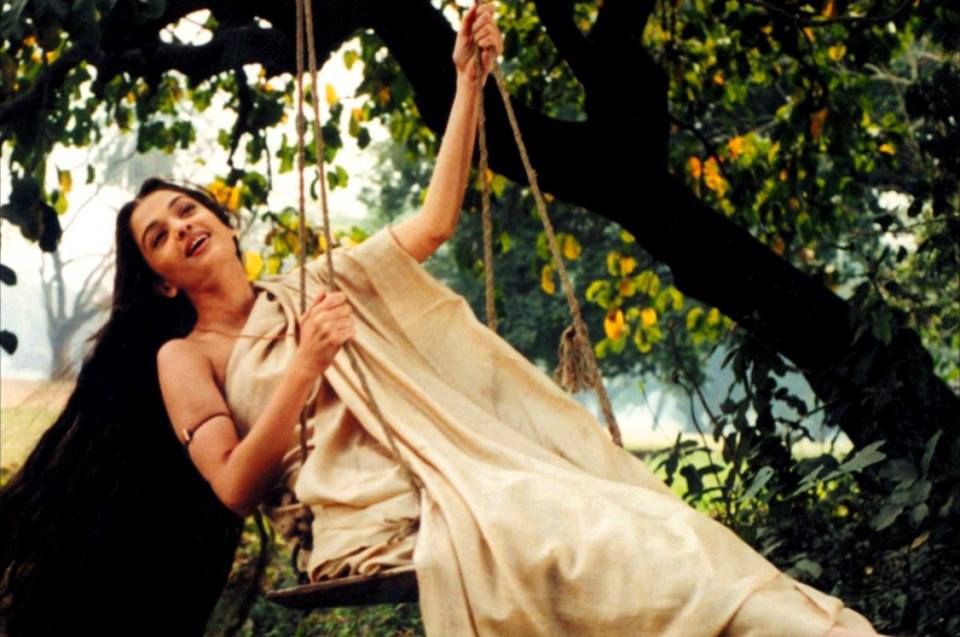
Should we call them widows?
Recently I received a message from various sources about a resource group for covid widows. Yes, widows- women who have lost their husbands and not married again. The male equivalent is widower- a man who has lost his wife and not married again. Some women felt that the word widow carried a negative connotation for women. “We can’t call them widows” was a common refrain.
While dictionary definitions don’t give too much away, the images that come to mind when we think of widows and widowers are quite different. The words we use to describe women are derived from the patriarchal systems that we inhabit. In fact, one of the synonyms for woman in hindi is abala- weak ! There are many words for a woman who has multiple sexual partners- none of them are complimentary, all of them are slurs. Men who do the same thing are Casanovas, rakes, philanderers- words that carry a whiff of enviable virility and insouciant freedom. Women who have access to arcane knowledge are witches- who get stoned or burnt at the stake. Men are witch doctors or shamans or sorcerers — mysterious, powerful and respected by all. Even the most common words used as insults for men, victimize the women especially mothers and sisters.
A widow is seen as a weak, helpless, pathetic creature who is both pitied and abhorred. For much of human history, especially Indian history, this has been true. The loss of a husband brought with it a slew of other deprivations-starting with the loss of hair, loss of adornments, loss of privileges, loss of power and status, loss of freedom, loss of social connections, loss of fortune and the ultimate one- loss of identity.
Unlucky widows were relegated to ashrams and abandoned at temples or if fortunate, to the dingy backrooms of homes, to serve others and eke out an invisible colorless existence. Even in ‘modern’ India, widows are excluded from many auspicious social functions and obliged to exchange their colorful clothes for more modest attire. Stories and films from Tagore’s Chokker Bali and Deepa Mehta’s Water to the more recent The Last Color by Vikas Khanna show the plight of many widows in our country. Widowers do not undergo any change in status, appearance or social connections after the loss of their wives. In fact, the Tamil language does not even have a corresponding word for widower. Inheritance laws and social norms have changed to some extent, but the old meanings still remain.
Ironically, life expectancy for women is higher than that of men. Over the last few years, I have noticed that women, especially older women without spouses have been managing quite well. My mother has been living alone for just over ten years after I lost my father. Yes, there is a sense of loss, an undercurrent of grief that will never go away but my mother is independent, resilient and strong. She has a group of friends, women in their sixties and seventies, some of whom are widows who live on their own. The women cook for themselves, maintain their homes, visit their children, entertain their grandchildren and keep themselves occupied without being dependent on anyone. If they stay with their children, they pitch in with childcare and domestic work. If they have economic security and reasonably good health, they are able to find a certain kind of peace and even freedom in their lives. These are not women to be pitied but admired.
Many of the older widowers struggle. Most of them stay with one of their children or at old age homes and communities. If they have retired from active work, they tend to languish, unable to cope with a loss of identity and meaning. A friend admitted that her widowed father was completely helpless by himself. All his basic needs had been taken care of by his wife.We offer the widower sympathy for his inability to cook a meal for himself and allow him all the privileges that widows are deprived of. The loss of companionship is a tragedy for both genders, but apart from coping with grief, women struggle with social stigmas and an uncertain future.
We do not need to change just a word- we need to change the narrative behind the word. This will take time but the people who have lost their spouses don’t have that luxury. When the dust of grief settles and the drama of tragedy exhausts itself, the mundane business of living needs to be dealt with. There are bills to be paid, groceries to be bought, clothes to be washed and accounts to be reconciled. Eventually, economics trumps emotions. This is what makes the difference between survival and coping.
Women need to take charge of their financial lives even if they are not earning an income. I know many educated working women who leave the money matters to their spouse. If you have a trusting long lasting relationship, this is not a problem. But life, we know is unfair and unpredictable. It is okay to ask to see the bank statements and discuss details of insurance policies. I know of a woman whose husband used her hard- earned money to buy properties in the name of his mother. She did not have a clue until he asked for a divorce. Many women feel that ‘interfering’ in family finances shows a lack of faith in their partner. Others feel that they are not qualified or skilled to understand complicated financial matters. Some think it is superstitious to bring up the topic of ‘what will happen in case…’. Getting control over your finances is common sense. It is an insurance for a more secure future. I have a separate bank account and maintain separate assets from my husband. This does not mean there is no love, trust and connection between us.
It is also important for women to stay relevant and connected to the professional world in some way even if they are not actively working. Develop a hobby, do a course, stay networked with ex- colleagues if you have taken a break. You can never prepare for the loss of a loved one but you can prepare for your future security and the well being of your dependents. This Pandemic has taught us that you can never take anything for granted. One of the reasons that women like my mother are able to be independent and confident at a later stage of life is because they had been independent working women who were capable of taking decisions on their own. They get a pension, they have a network of former colleagues for support and a solid sense of self- esteem.
And what about the men? Men need to move away from their sole provider roles and learn other things- the different types of daal, how to use the washing machine, the names of the children’s friends and teachers, where the spare towels are kept and other important aspects of running a household. The less we adhere to traditional gendered expectations, the easier it becomes for men and women to cope on their own. I see many young couples, at least in urban areas being more flexible and egalitarian with gender roles. Men cook, women balance checkbooks. There is hope.
We all do need to shed old baggage and challenge outdated practices that discriminate against widows. Women need to stop being watchdogs of the patriarchy and support other women who have lost their husbands instead of seeing them as symbols of bad luck or shunning them at social gatherings. At the same time, if both men and women can share the responsibilities of economic and domestic work, words like widows and widower will be just that — simple descriptors of your marital status.
